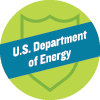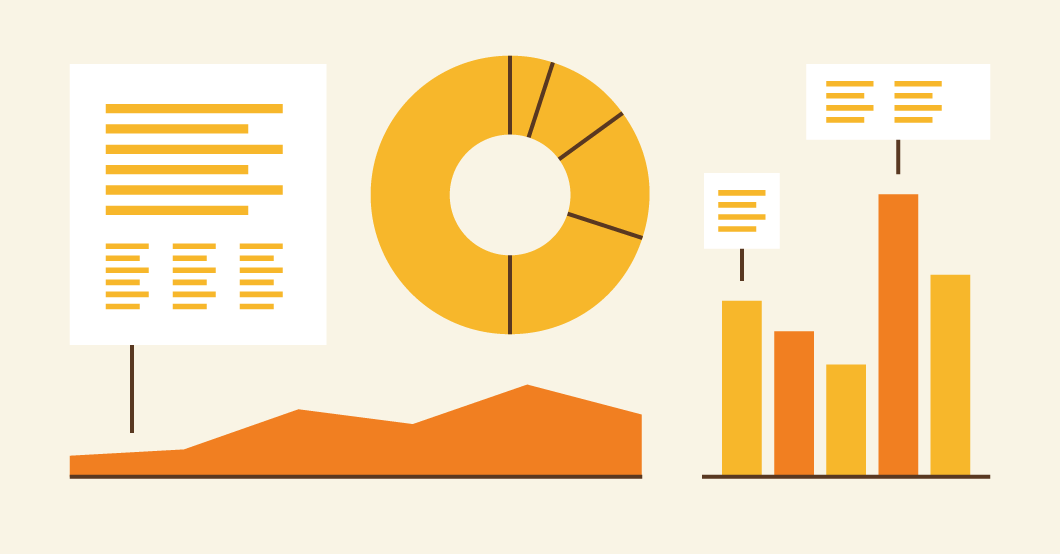ISO-NE submits comments to US Department of Energy on 2016 Quadrennial Energy Review
 ISO highlights importance of efficient wholesale markets; notes that additional energy infrastructure is needed to maintain reliability and meet regional environmental goals
ISO highlights importance of efficient wholesale markets; notes that additional energy infrastructure is needed to maintain reliability and meet regional environmental goals
On June 28, Gordon van Welie, President & CEO of ISO New England, submitted comments to the US Department of Energy (DOE) as it prepares to write the second iteration (“Version 1.2”) of its Quadrennial Energy Review (QER). For the 2016 QER, the DOE is focusing on the entirety of the electric system in the United States and North America from bulk power generation to end user.
In his comments, van Welie highlighted key aspects critical to the long-term reliability of New England’s electric system while ensuring that New England states are able to meet their environmental goals:
- First, van Welie noted that efficient wholesale markets that properly value the reliability attributes of capacity resources will serve as an important foundation for retail markets. He elaborated by saying that as renewable energy and distributed generation become more prevalent in New England, efficient wholesale markets must support fast-ramping resources (both new and existing) that balance the variability of renewable energy.
- In addition, while states are exploring ways to increase the region’s output from renewable energy to meet various statutory goals, van Welie outlined the impacts on price formation in the capacity market if renewable resources are provided additional out-of-market payments – making them more economically competitive against resources needed for reliability purposes.
In its initial QER (published in 2015), DOE highlighted the economic and reliability impacts of natural gas pipeline constraints on New England. In today’s comments, van Welie reiterated the importance of investment in natural gas infrastructure (both gas pipelines and storage) to increase the supply of natural gas available in New England. He underscored the reliability challenges that arise when natural gas-fired power plants are unable to run, the economic consequences when natural gas prices rise due to insufficient supply, and the environmental downside to burning more carbon-intensive fuels to keep the electric system in balance when scarce natural gas is unavailable or uneconomic. Finally, van Welie noted that increasing levels of remote clean energy sources will require an investment in transmission infrastructure.
DOE is accepting public comments on its 2016 QER through July 1, with the goal of releasing the updated Quadrennial Energy Review by the end of 2016. Stephen Rourke, ISO New England’s Vice President for System Planning, participated in a DOE stakeholder outreach meeting in Boston on April 15, 2016 (Stephen’s presentation and remarks can be found here). The April 15 event included remarks from Secretary of Energy Ernest Moniz, White House climate advisor Dr. John Holdren, and Massachusetts Governor Charlie Baker.
During DOE’s 2014 stakeholder outreach efforts in support of its initial version of the QER, ISO New England submitted formal comments on the challenges and opportunities facing New England’s electric grid; van Welie also participated in a DOE stakeholder outreach meeting in Hartford in 2014.
For more on the topics van Welie describes above, read Putting Markets to Work for New England, a one-sheet summary of the key principles that shaped the region’s wholesale electricity markets and explains the main functions of the various markets. The document highlights the resource transformation underway in New England, the competitiveness of the region’s markets, the role of the capacity market, and the interactions between wholesale markets and public policy requirements.
- Categories
- Industry News & Developments
- Tags
- generation, renewable resources, wholesale markets



